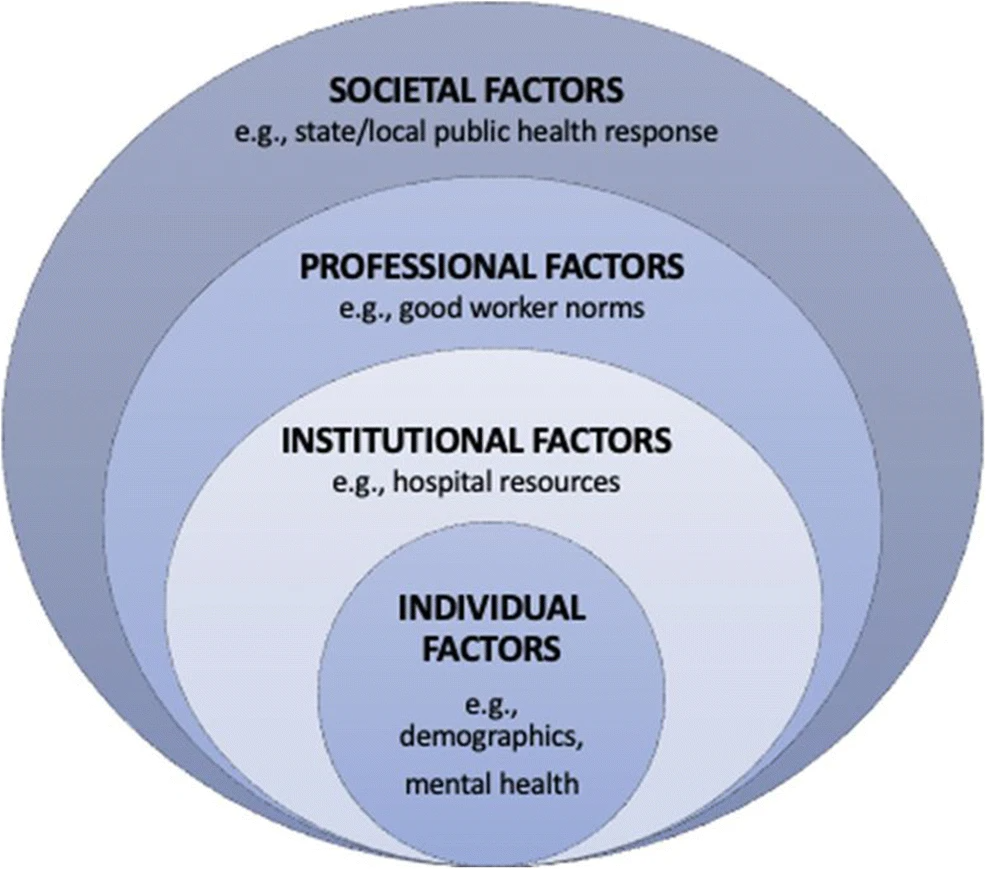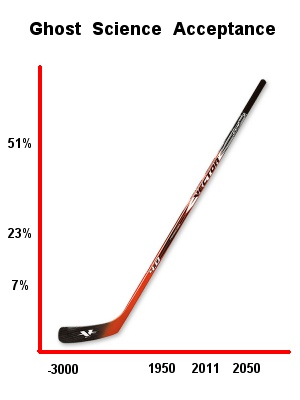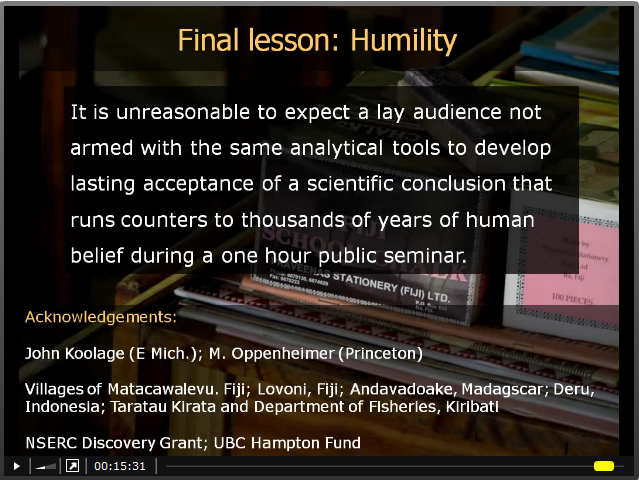Regulatory DNA changes have made a huge impact on the evolution of human-specific traits. A study in the latest issue of Nature covers not just the usual stuff, like what has been added in evolution to make us distinctly 'human', but rather what was lost.
We're obviously different from animals and the researchers set out to find some molecular occurrences that are present in chimpanzees and other mammals but not in people - they found 583, which they call hCONDELs, 510 which were validated, mostly in nonfunctional DNA. One instance sure to catch attention is deletion of a penile spine enhancer from the human androgen receptor (AR) gene, a change correlated with a change in human anatomy - namely loss of penile spines.
It is impossible today to get a 'treaty' ratified that would cause America to obey CO2 limits set by any outside body, for a number of reasons. So Democrats in Congress have been trying to make CO2 the purview of the Environmental Protection Agency(EPA),
which gives it sweeping authority to regulate and penalize businesses.
Republicans, more skeptical than not on a CO2 basis for global warming, want that authority removed completely and have been trying to get the
Energy Tax Prevention Act of 2011 passed, which keeps the EPA from being able to unilaterally regulate American industry. So Democrats held a hearing to try and slow it down.
You've seen it everywhere by now -
Earth's sixth mass extinction: Is it almost here? and other articles discussing an article in Nature (471, 51–57 doi:10.1038/nature09678) claiming the end of the world is nigh. Hey, I like to live in important times. So do most people. And something so important it has only happened 5 times in 540 million years, well that is
really special. But is it real?
Blogging has been around since the late 1990s and email (effectively) for a decade prior to that - both are now on the wane, according to recent claims (
email by social media and
blogging by...social media again) and while it's true I wouldn't start a standalone email company today, having it as part of a suite seems like a good idea. Since practically the day we began we have had @science20.com email addresses available to columnists and featured authors but one more email address is not really helping most people.
One time on a dreary (particularly dreary- 300 of them a year are rather so) Seattle afternoon I was approached by a hobo(1) so I gave him some money and asked him, since he clearly had no place better to be, "Just curious, but if you are going to be homeless, why Seattle? Why not pick some place like San Diego where the weather is good? This has to be miserable for you."
His reply; "I have family here."
!!!
If we're being honest in retrospect, the first decade of the 2000s was bad for science journalism. Too many journalists decided they wanted to be cheerleaders for science or, worse, had scientist envy and wanted to be included in cool discussions about the mysteries of the universe.
Basically, journalists stopped asking the awkward questions of scientists that journalists in other fields know makes their careers (see: Dan Rather and Richard Nixon). Result: While the science audience is up and science knowledge has tripled since 1988, jobs in science journalism are down. Few people read them.
 45 Percent Of People Try Diets And That's A Good Thing, Even If They Fail
45 Percent Of People Try Diets And That's A Good Thing, Even If They Fail Declaring War On Frappuccino And Diet Soda Is Not A Valid Government Nutrition Guideline
Declaring War On Frappuccino And Diet Soda Is Not A Valid Government Nutrition Guideline Physician Burnout Is Common - And Informal Rationing Is One Big Cause
Physician Burnout Is Common - And Informal Rationing Is One Big Cause Cancel Culture Prevents The Best Researchers From Engaging With The Food Industry
Cancel Culture Prevents The Best Researchers From Engaging With The Food Industry










